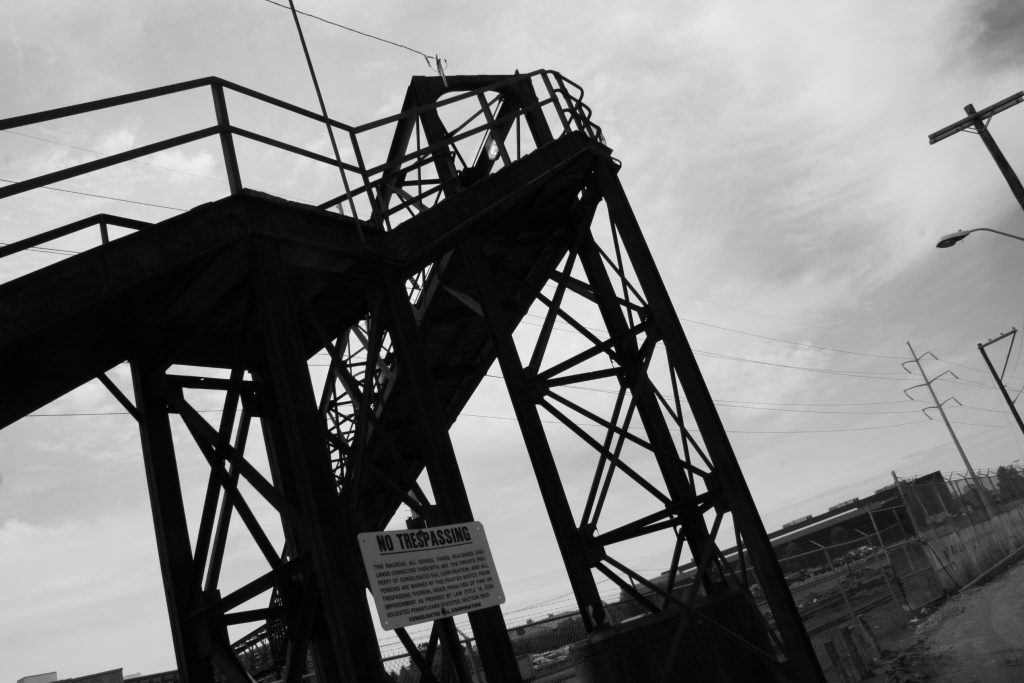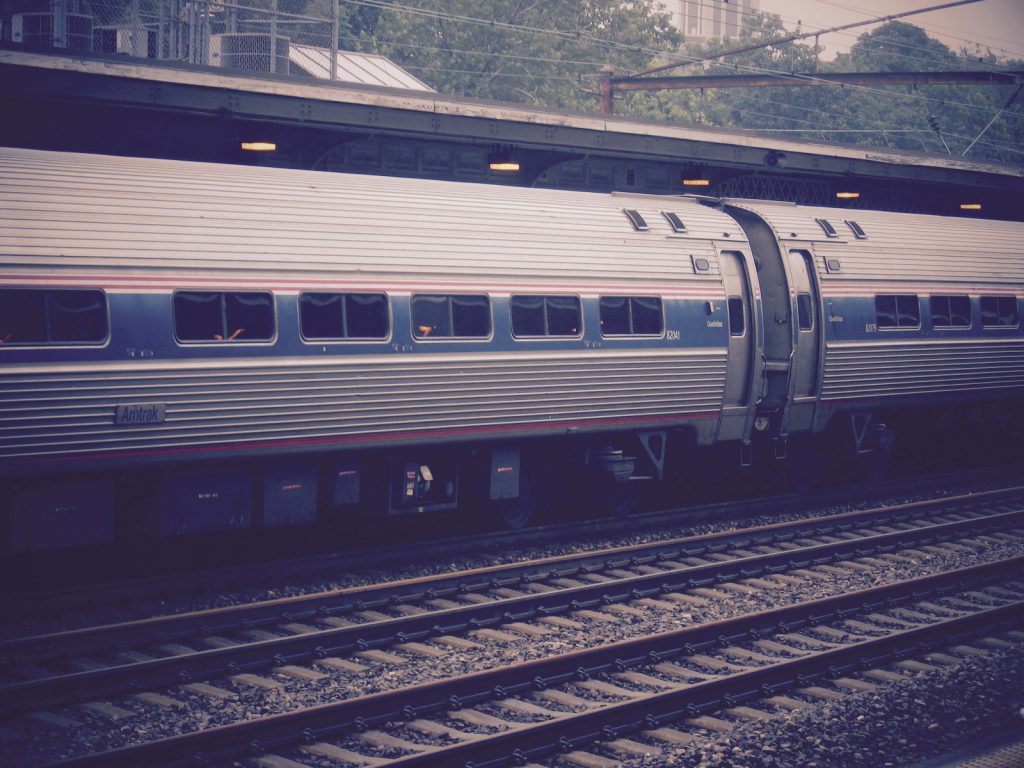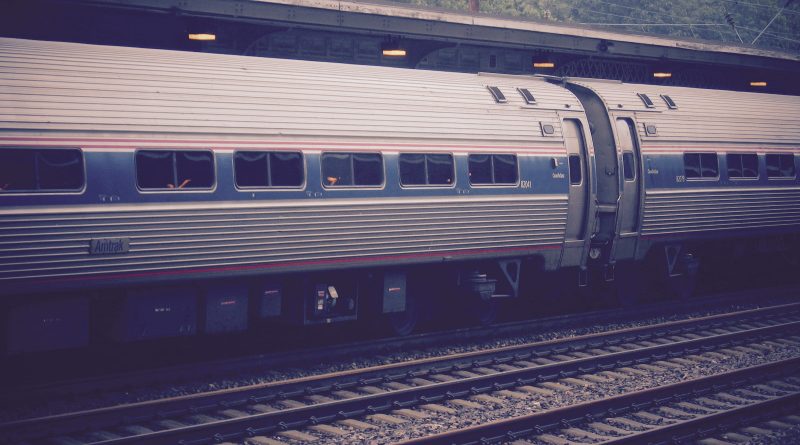A Biden Presidency: Full Speed Ahead On Transit?
President-Elect Joe Biden is a confirmed Amtrak fan. A real transit mensch. A bona fide NUMTOT. Does this mean we’re finally going to get the infrastructure we deserve? Passenger rail infrastructure in the United States has languished for half a century since Amtrak was resurrected in 1971 from the smoldering remains of the railroad industry. Freight rail has thrived since that time as logistics become ever more sophisticated and Americans consume, well, more and more stuff. But passenger rail, with the exception of a blip during the Obama years and Amtrak’s generally well-developed NEC, is behind the times. Will that change?
New President, New Infrastructure
Try though they might to convince us, Republicans have continually demonstrated that wealth isn’t trickle-down. Ideas, policy, culture, and leadership, however, are indeed trickle-down. As we’ve seen this in the departing presidential administration, so, too, do we see it in corporations. A CEO that promotes transparency, honesty, and ethics is far more likely to get it from her workforce. To this end, the departing Commander-in-Chief failed for four years to craft any infrastructure policy, and thus it was communicated throughout the land that business-as-usual was just fine. Infrastructure spending was but a footnote in the massive COVID19 spending bills. This may change in January 2021. Biden, coming from Delaware, is a known railfan. The President-Elect campaigned on a chartered Amtrak train, which cost a pretty penny. And Republicans, who have frequently tried to defund or even privatize Amtrak, were so livid that they opened an investigation into it.
The almost promise of the Obama years
President Obama presided over a not-quite-amazing high-speed rail initiative. Entrenched, so-called Tea Party interests ended up rejecting hundreds of millions of dollars for HSR projects, including ones that had already started. Among them was Wisconsin then-governor Scott Walker, who, citing fiscal restraint, rejected the funds. Walker would go on to craft one of the largest boondoggles in the history of corporate welfare to build a supposedly hi-tech LCD factory that is now just being used as storage.
Policy hasn’t changed much. Mobility, however, has. Major developments in the past four years have included the widespread deployment of scooters, major advances in eBikes and electric vehicles, and the vaunted arrival– or supposed, eventual arrival- of autonomous vehicles. And with the exception of drones, most of these things are regulated at the local level, absent any meaningful discussion from an administratively incompetent executive branch, which typically sets the pace and tone for rulemaking and national priorities. Congress hasn’t gotten much done in this department, either.

A rusting, wooden-planked pedestrian bridge over a freight yard in Lancaster, Pennsylvania, circa 2005. Photo by author. 
Keystone Service in Lancaster, Pennsylvania, circa 2007. Photo by author.
How To Win The Battle Against The Motorcar
I’m not authoring an infrastructure plan here. But I’ll just leave you with this nugget. Highway infrastructure garners no less than five or six times more funding than mass transit does in an average year. Depending on how you break that down, it might look even more stark. Amtrak is a $7 billion enterprise, but only receives about $1.8 billion of that from federal appropriations. Say what now? Highways cost half a trillion every year. Congestion, car accidents, and insurance cost another trillion-some. And people are bitching about $1.8 billion? Imagine what it’d look like to redirect even a tiny fraction of that. This would have been impossible under the departing president, whose administration demonstrated time and again that it lacked the competency or interest in crafting and implementing credible infrastructure policy.
There are plenty of reasons why US transit infrastructure has lagged behind in the past few decades. It’s time to stop making excuse for it and start getting some stuff done. It’s quite possible that a new president will be a strong advocate for that. It’s a cornerstone of the broad proposals for things like the Green New Deal. Are cars going away? No. But it seems like the new kid on the block might just have a vested interest in finally creating a competitive alternative.


